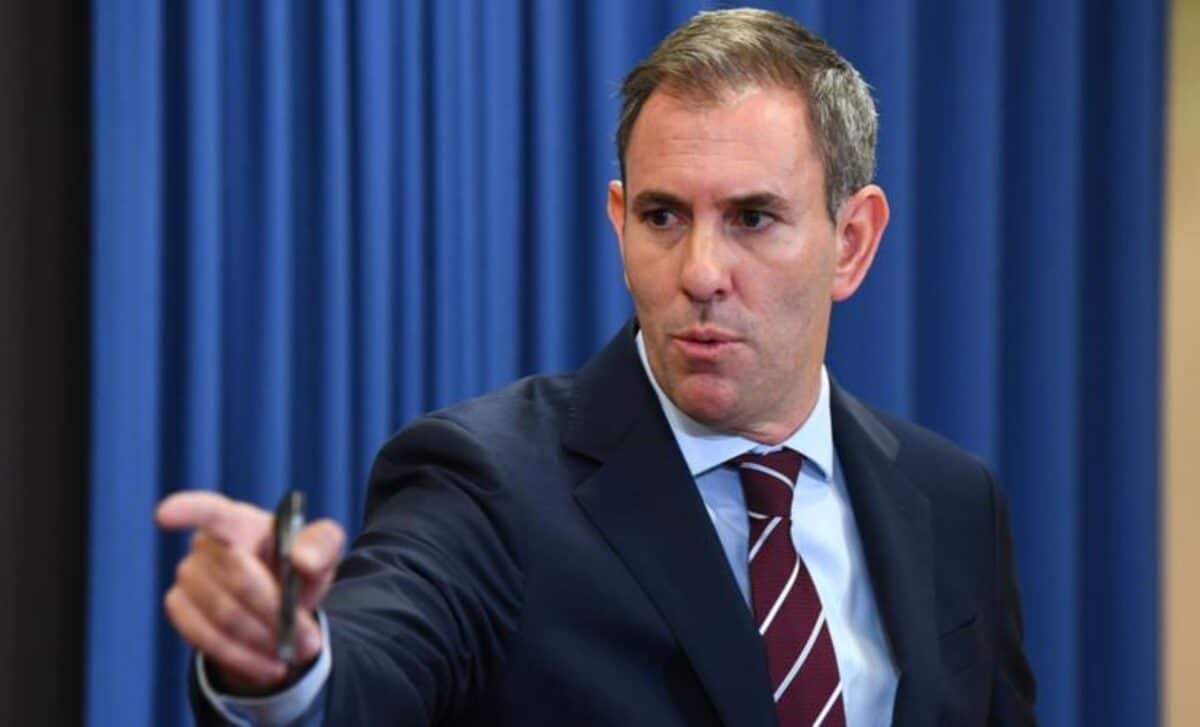Treasurer Jim Chalmers has firmly ruled out additional income tax cuts for working-age Australians, stating that the government’s existing tax and economic strategies are sufficient for the coming years. Despite mounting pressure from several quarters, Chalmers insists that no further cuts will be made to the country’s tax structure in the immediate future.
In a recent interview, Chalmers responded to growing concerns about the rising tax burden on Australian workers. His remarks, aimed at allaying fears of worsening income tax bracket creep, came amid escalating calls for broader tax reforms and cuts.
Chalmers dismissed these calls, reinforcing the notion that the government’s current focus on economic policy, particularly with respect to multinational tax contributions and the National Disability Insurance Scheme (NDIS), remains adequate.
Government’s Focus On Economic Sustainability
Labor’s economic policies, including the stage-three income tax cuts, were designed to address the needs of younger and middle-income Australians. Chalmers reiterated that the $23 billion tax cut, which came into effect in July 2023, had already benefited lower and middle-income earners by reducing the tax burden on these groups.
According to Chalmers, the current tax relief initiatives are sufficient and there is no immediate need for further cuts. Chalmers’ stance aligns with the broader fiscal priorities set out by the government, which focus on addressing issues such as housing affordability, student debt, and rental assistance.
These measures, Chalmers argues, are already aligned with the broader economic needs of Australians, particularly younger workers who may otherwise face higher future taxes due to bracket creep.
While former Treasury officials like Ken Henry and Chris Richardson have highlighted the growing tax burden, with Richardson predicting that Australian workers will pay a record $350 billion in income tax this financial year, Chalmers maintains that there is no immediate policy gap.
The government’s existing tax relief measures, alongside tighter regulations on multinational corporations and the superannuation sector, provide an adequate response to these concerns.
Ndis Spending to Remain in Focus
Another point of contention was the future growth of the National Disability Insurance Scheme (NDIS). Chalmers faced increasing pressure from independent MP Allegra Spender to curtail the program’s rapid expansion, which saw a 20 per cent growth in expenditure last year.
Spender called for more stringent fiscal controls, pointing out that the NDIS could risk losing public support if spending growth remains unchecked. However, Chalmers has rejected these suggestions, reaffirming Labor’s commitment to ensuring the NDIS remains both sustainable and effective.
Chalmers argued that while growth in NDIS spending needs to be managed, the government’s focus remains on cracking down on fraudulent providers and ensuring that funds are used efficiently.
He also noted that the NDIS, which provides crucial support to Australians with disabilities, was always intended to grow but must be made sustainable over time to continue its critical work. According to Chalmers, the government is already taking steps to curb waste and improve the program’s long-term sustainability.
In sum, while Chalmers’ refusal to consider additional tax cuts or cuts to the NDIS may have disappointed some, he remains resolute in his belief that the current agenda is sufficient to meet Australia’s economic challenges.









